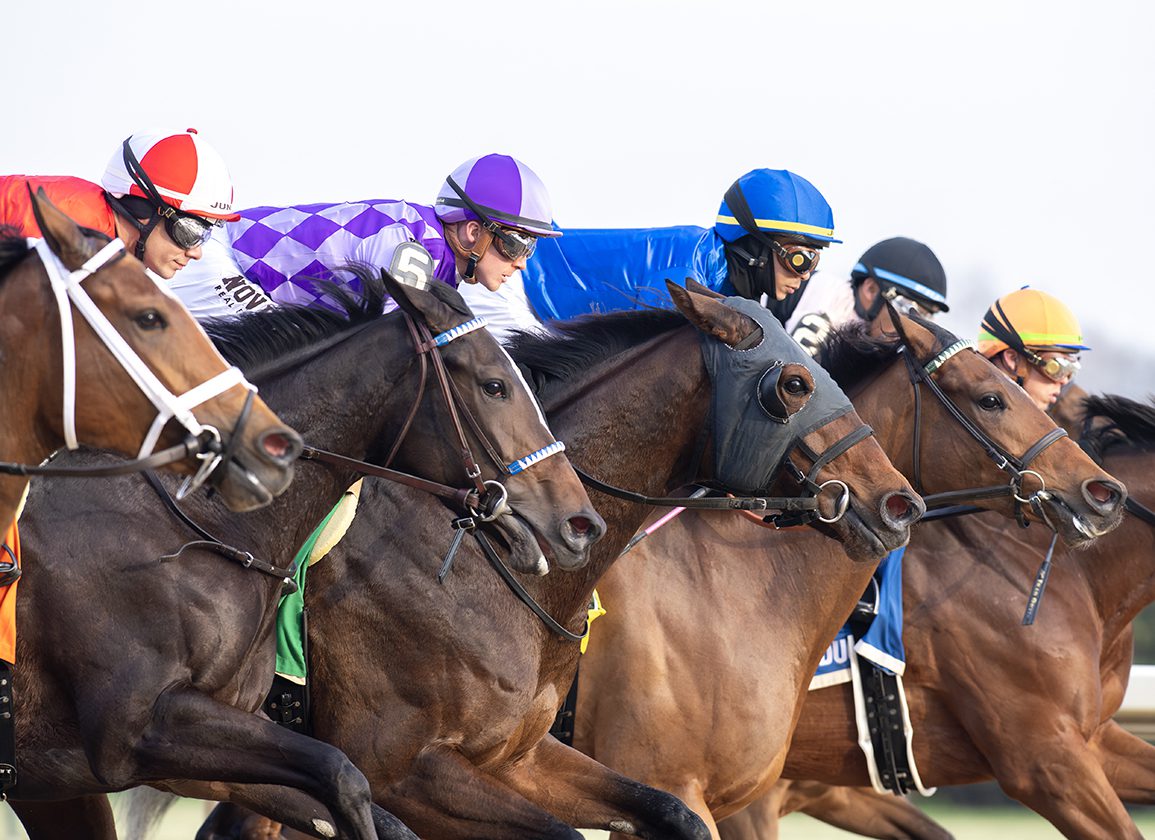Light Up Racing, an industry collective which seeks to counter negative reporting and perceptions about horse racing, issued the following statement Saturday about the Hulu/FX/New York Times documentary “Broken Horses,” which debuted Friday. The statement is printed in its entirety.
“The recent FX documentary 'Broken Horses' has cast a spotlight on the historical issues and implications of illegal doping in horse racing.
The presentation attempts to address significant challenges within the industry, particularly focusing on the critical issue of racehorses sustaining life-ending injuries and the urgent need for reforms to address doping and medication use.
As Broken Horses highlights, the Horseracing Integrity and Safety Authority (HISA) is now providing the sport with independent federal oversight for the first time in history, encompassing comprehensive veterinary protocols, enhanced track and jockey safety, and a stringent anti-doping and medication control program. While not in place to address the devastating clusters of fatalities at Churchill Downs in 2023, we can look forward to a safer future under HISA's leadership integrity.
Strategically released just a week before the Kentucky Derby, the documentary unsurprisingly leans into historical drama and sensationalism to boost viewership, focusing on illegal activities that thankfully resulted in imprisonment for the inexcusable acts.
Reporting did not, however, emphasize a 34 per cent reduction in the equine fatality rate over the last 15 years, the result of the significant progress already made towards safer racing practices.
Additional equine safety changes made in the last 24 months, under-represented in the documentary's narrative, include:
- Every Thoroughbred is required to have a pre-race veterinary inspection every time it races to help ensure horses with pre-existing injuries do not compete. HISA receives close to 3,000 veterinary treatment reports each day.
- Artificial intelligence is being used to examine compiled data, flagging any horses entered to race who may present potential risk factors for injury. This is similar to how other sports, like the NFL, are utilizing data and AI to enhance player safety.
- Wearable technology has been implemented, similar to that used in human sports, to identify at-risk horses by the algorithms that are generated in the process of training and racing.
- Huge investment in onsite or expedited access to advanced diagnostic imaging like PET scans (an enhanced bone scan), MRIs, and CT scans allow trainers and vets to detect hard-to-identify precursors to injuries.
- There is now a national vets list that places all horses unfit to compete on a comprehensive list that monitors Thoroughbreds throughout their careers.
- The void claim rule deters entry of horses with health or soundness issues into claiming races.
It is imperative that the progress and efforts of countless individuals dedicated to the daily care and safety of racehorses are acknowledged and not overshadowed by dramatized reporting. The assertions in the presentation that leading trainers 'abuse' horses and neglect basic care are not only unfair but are also logically inconsistent with the practices necessary to prepare elite Thoroughbred athletes to race successfully.
Light Up Racing is in full support of all reforms that will push horse racing to achieve the highest standard in equine welfare and transparency, with the goal of positioning our industry for a sustainable future. A constant pursuit to substantially reduce the fatality rate is non-negotiable.
If you have concerns about horse racing but are interested in gaining a deeper understanding, please contact us. We would be happy to arrange a firsthand look behind the scenes at stables, farms, racetracks, and veterinary hospitals.”
Not a subscriber? Click here to sign up for the daily PDF or alerts.






